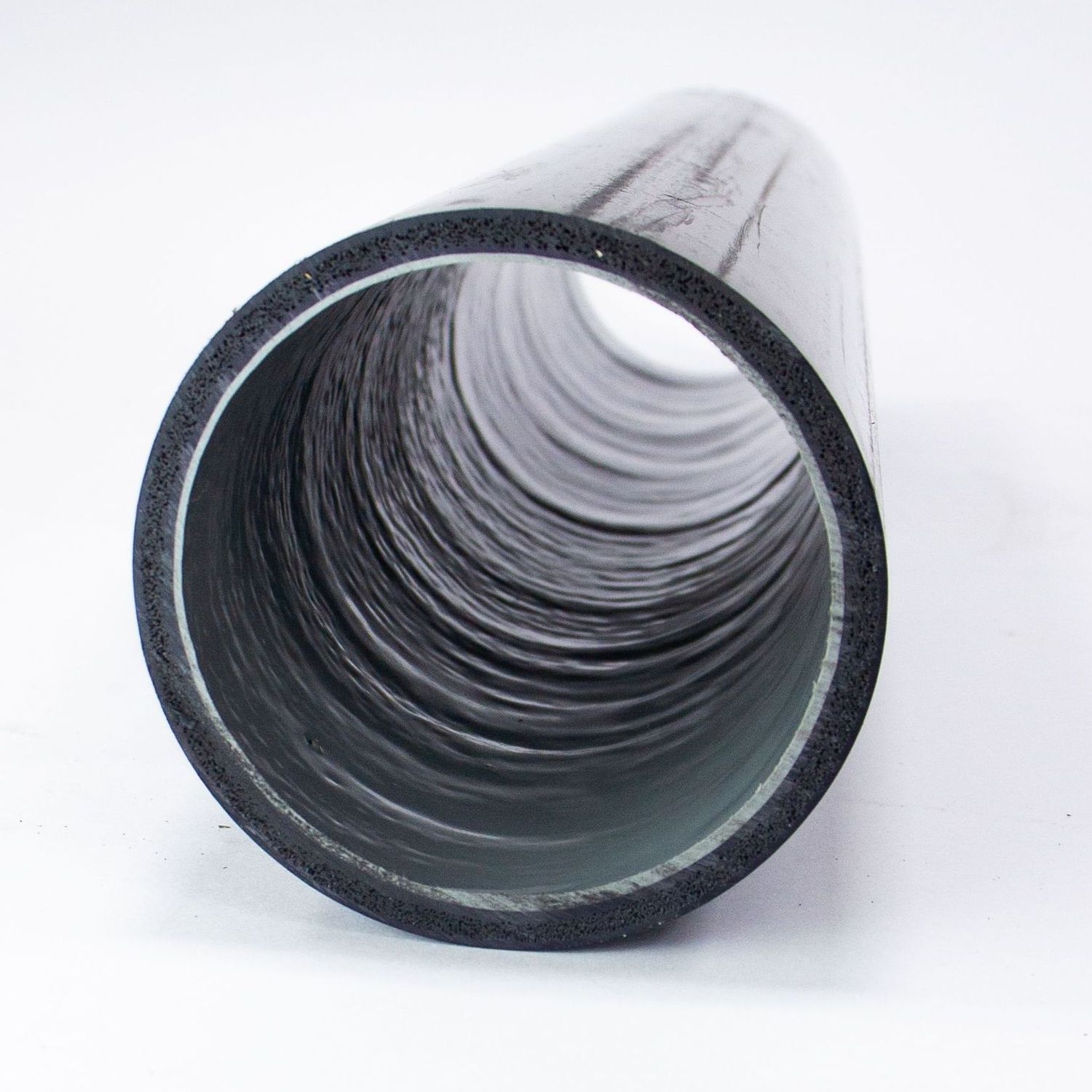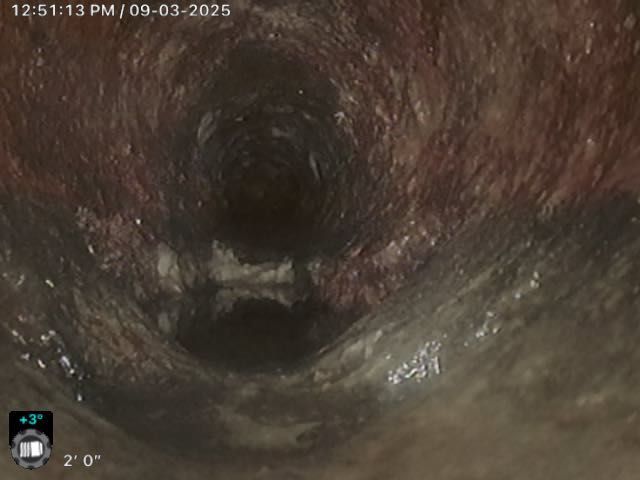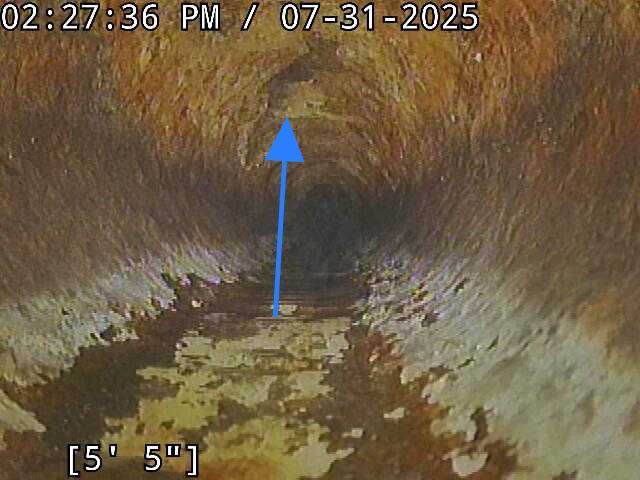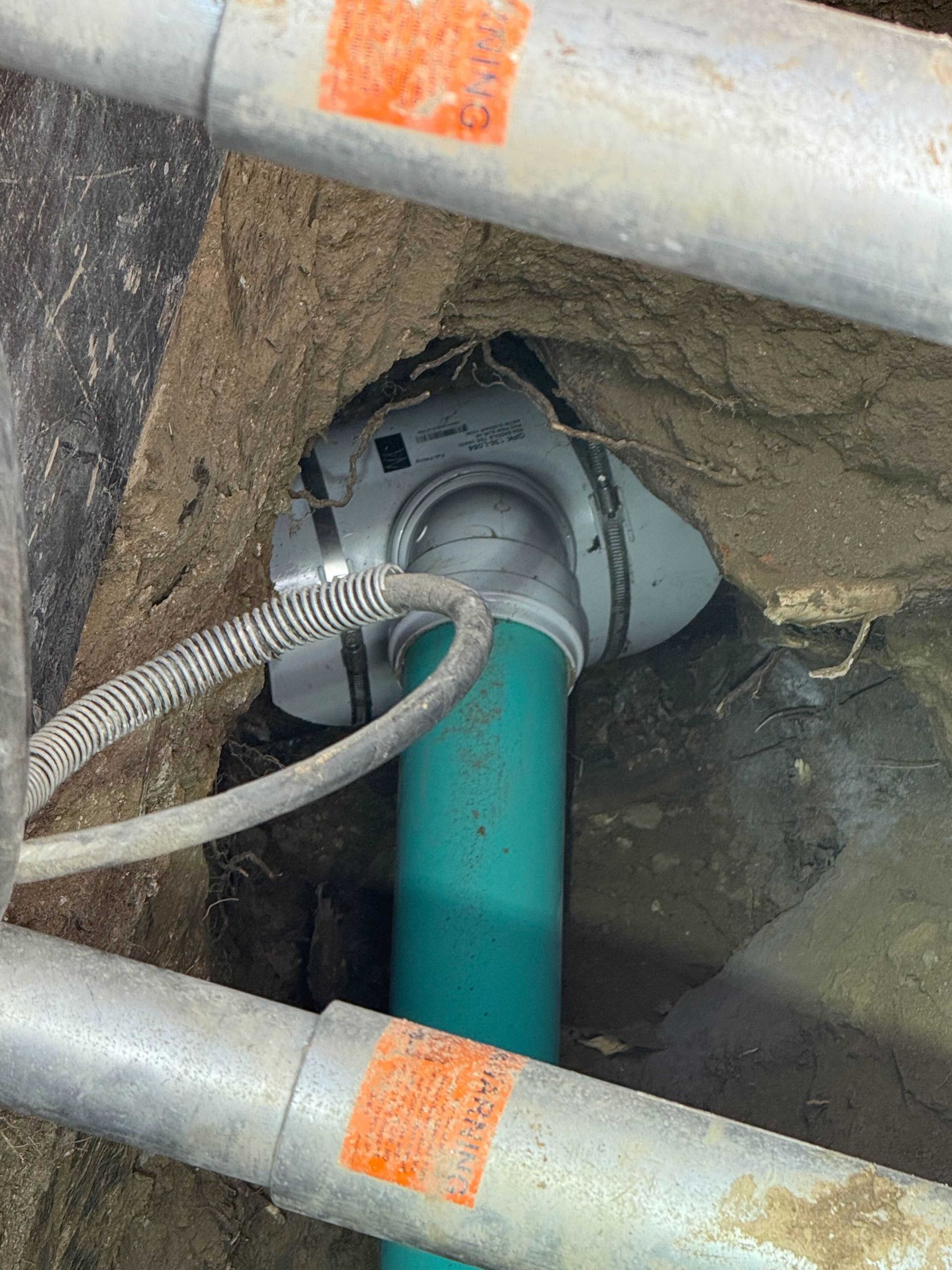
Cost Effective Trenchless Solution
Emerging as one of the most promising solutions for the rehabilitation of damaged pipes, today's plumbers are turning to CIPP lining. Whether dealing with cracked, leaking, or broken piping systems, this innovative technique employs trenchless technology to envelop the existing pipe. This article will explore this effective and groundbreaking repair method that caters to all our plumbing needs.
What is Cured-in-Place-Pipe (CIPP) Lining?
CIPP, an acronym for cured-in-place pipe, is a rehabilitation technique introduced in 1971 and continues to gain traction among plumbers today. Rather than replacing entire pipelines, plumbers use a seamless pipelining approach. This method can be applied to various types of rehabilitation, including sewer, water, gas, and chemical pipelines.
As one of the pioneering rehabilitation techniques utilizing trenchless technology, CIPP is notably less invasive, eliminating the need for extensive digging. Consequently, both businesses and homeowners prefer this approach due to its reduced environmental impact, quicker turnaround times, and cost-effectiveness.
CIPP Lining and Trenchless Technology
CIPP lining operates through trenchless technology, eliminating the need for excavation to repair pipelines that are either leaking or structurally compromised. By minimizing the risks associated with an open-trench construction site in densely populated areas, CIPP provides a seamless solution for all your sewer system rehabilitation requirements.
While some CIPP lining projects may necessitate excavation, they can often be conducted in areas that are already accessible. This process requires specialized CIPP lining capable of navigating through larger pipes and those with multiple bends. For example, certain professionals install liners via a manhole to accommodate pipe sizes of 60 inches and greater.
Additionally, lateral connections within the sewer systems are managed through a remote control device. When activated, this device allows for holes to be created in the liner, restoring the connection. The CIPP lining boasts a smooth interior, facilitating seamless infiltration and attachment to the existing pipes. Ultimately, the trenchless installation process enables communities to avoid the significant costs and inconvenience associated with disrupting public spaces during repairs.
How Does CIPP Lining Work?
To provide a clearer understanding of the cured-in-place pipe lining concept, here is an overview of the step-by-step process:
The CIPP liner is constructed from a felt tube saturated with resin and coated with a polyurethane layer. This occurs during the wet-out phase, wherein the textile liner is blended with the resin mixture. At this stage, the liner's surface is hardened using an epoxy base.
Next, the liner is inverted through air pressure, allowing the resin to serve as the outer layer against the existing pipe wall.
In the subsequent step, a calibration tube is inserted into the liner using one of three methods: ambient conditions, hot water, or steam curing. This process activates the curing agent resin, forming a robust layer atop the existing pipe.
Once the resin has cured, the new pipe wall is left smoother and more resistant to corrosion.
Advantages of CIPP Lining
CIPP lining provides intelligent solutions for various infrastructures, including residential properties, municipalities, corporate buildings, office complexes, restaurants, and more. This approach is not only cost-effective but also seamless; even buildings with complex plumbing systems can benefit from it. Its versatility allows for quick resolution of pipe issues within a matter of hours, all without the need for excavation. Below are some notable advantages that warrant consideration:
**Reduced Costs**
The days of costly and highly disruptive pipeline repairs are behind us. CIPP lining outperforms traditional methods by utilizing trenchless technology. Initially introduced as an alternative, CIPP lining demands less labor and is significantly more affordable than its counterparts. It is particularly advantageous for businesses aiming to cut costs. Additionally, companies can enjoy the reassurance that their operations won't be interrupted, as there’s no need for excavation or extensive digging.
**Efficient Repairs**
The epoxy resins used in CIPP lining can cure within hours. Besides requiring less labor, this new protective coating is durable, able to withstand harsh environmental conditions. Consequently, plumbing contractors and the trenchless industry benefit from reduced overhead costs, efficient rehabilitation, and non-invasive practices.
**Safety Assurance**
When compared to traditional pipe repair methods, CIPP lining offers a safer alternative for both you and those nearby your establishment. Conventional methods can expose harmful substances, such as asbestos and mold, posing risks to workers and passersby. Since excavation and extensive digging are not required, there’s no need to coordinate permits with local authorities. The entire process is managed underground through pre-existing access points, thus minimizing the hazards associated with traditional techniques.
CIPP lining provides cost-effective, safe, and efficient renovations that are capable of enduring tough environmental conditions over time. Best of all, it can be executed without disrupting your establishment’s structure or flooring or excavating land to reach plumbing systems.
**Implementing CIPP Lining Solutions for Your Clients**
Deterioration in plumbing systems can endanger lives. Additionally, it can lead to economic repercussions for businesses and communities alike. For many companies, embracing a solution that maximizes benefits while minimizing costs is essential. Utilizing trenchless technology through CIPP lining allows them to rehabilitate their pipelines without the need for replacement.
Cured-in-place pipe repairs effectively address various sewer challenges, including root or plant intrusion, gradual deterioration, cracking and fracturing, corrosion, and damage from improper installation. By offering versatile solutions for a broad range of issues, plumbers can leverage this technology to enhance their profitability. They can attract numerous customers and manage projects of any scale more effectively. Therefore, incorporating CIPP lining solutions into your services can significantly boost your business. With IPP Solutions, you can access high-quality pipe casting systems and lining technologies to gain a competitive advantage.
Nathan Fairchild
CEO, Denver Sewer Experts
Website:
denversewerpros.com
Email: admin@denversewerpros.com
Phone: (720) 364-4891
You might also like


